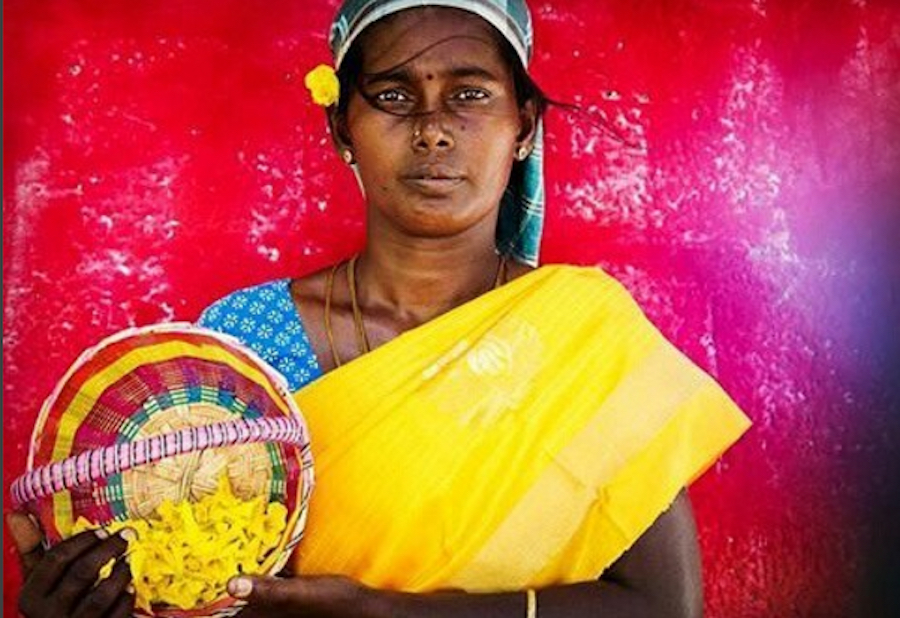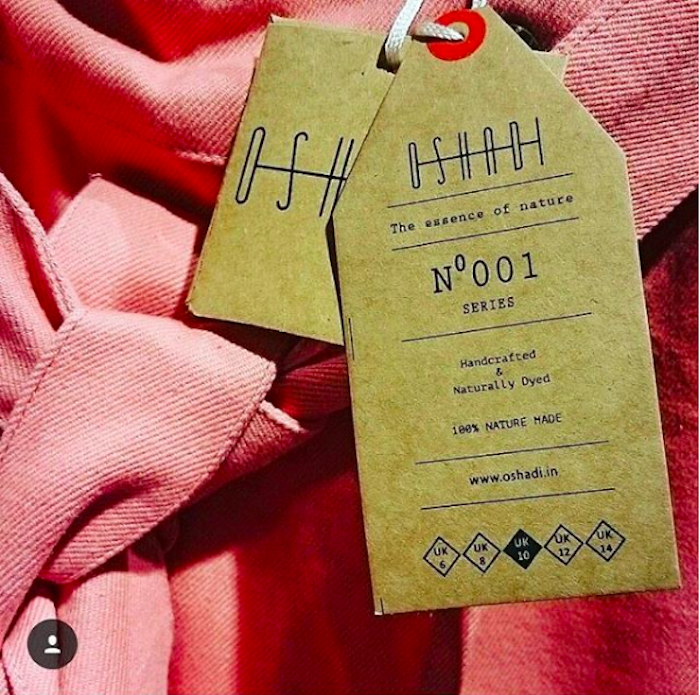Project June 21, 2016
Innovative Entrepreneurs Rethink Supply Chains in India
Country:

We consume so much stuff in today's world. Where does it all come from? How is it made?
In this project journalist Esha Chhabra looks at India's textile manufacturing industry and agricultural co-ops growing the raw materials for fashion and beauty products.
As the pressure for big brands to clean up their supply chains increases, who can they look to for guidance on new business models that are mindful of people and the planet?
Several smaller ethically-driven brands, based in the US and homegrown in India, are offering these alternative models: connecting with farmers directly, bypassing middlemen, pushing local governments to go organic, investing in women and marginalized communities for their labor force, and developing factories that go beyond just offering a fair wage to their army of workers.
For instance, India grows the most organic cotton in the world; it's the largest supplier for brands shifting away from conventional cotton. But there's only one organic cotton co-op that connects farmers to entrepreneurs directly. How can this concept scale? Can the high street brands follow suit and change their supply chains to source from such a co-op?
This project examines some of the smaller, pioneering brands and their supply chains to see what lessons can be applied across the industry. If fashion is one of the most polluting industries in the world, is it possible to transform it in the next 10 years with these new ideas?






